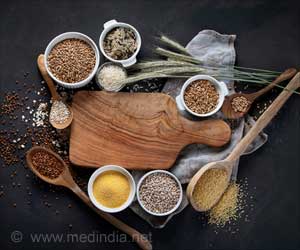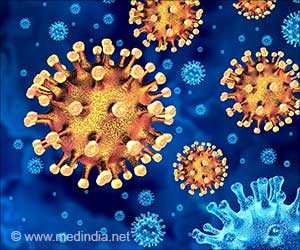Kerala is experiencing a major outbreak of jaundice (Hepatitis A), marked by a significant increase in cases and fatalities compared to previous years.

‘Safe drinking water, proper sanitation, and good personal hygiene are key preventive measures against jaundice (Hepatitis A) outbreak in Kerala. #jaundice #hepatitisAoutbreak #medindia’





Advertisement
Hepatitis A Outbreak in Kerala
Ernakulam has experienced a significant increase of over 390% in suspected jaundice (Hepatitis A) cases this year compared to the previous year, when only 142 cases were reported by November 10. By November 20 this year, the district had recorded 722 probable cases over 324 days, averaging two cases per day.According to health department data, by November 10 last year, Ernakulam had reported 142 probable jaundice cases, of which only 10 were confirmed, with no deaths recorded.
This year, however, the infection has claimed eight lives so far. Health authorities in the district attribute the unusual surge in cases to climate change and an increase in viral load.
Advertisement
Common Symptoms of Hepatitis A
The incubation period for Hepatitis A typically ranges from 14 to 28 days (1✔ ✔Trusted SourceHepatitis A
Go to source).
Here are some common symptoms of Hepatitis A:
- Fever
- Loss of appetite
- Fatigue
- Dark-colored urine
- Yellowing of the eyes and skin
- Diarrhea
- Nausea
- Abdominal discomfort
"Contamination of wells is typically reported after the rainy season, which often leads to jaundice," another official stated. He added that most cases are reported from Ernakulam's midland areas, where drinking water shortages are significant.
Is Jaundice a Seasonal Disease?
"This year's situation is unprecedented, and the number of jaundice cases is expected to rise further. Typically, cases decrease during the rainy season and peak in May. As summer approaches and water sources dry up, most cases are reported in areas where residents rely on a single shared well, which is also drying up. The health department has intensified efforts to chlorinate wells, a process that should be carried out every six months. For proper chlorination, residents can obtain the correct quantity of bleaching powder from their nearest primary health center," said another health officer.Dr. Rajeev Jayadevan, chairman of the IMA Research Cell in Kerala, explained that Hepatitis A-related deaths typically occur in patients with previously undiagnosed or silent underlying health conditions. "Jaundice cases occur when sewage waste contaminates water sources, allowing the virus to survive for several months. Unlike in Western countries, sewage treatment is not commonly practiced in Kerala. Illegal sewage dumping leads to harmful viruses and bacteria entering natural water bodies. In densely populated areas, wells are often situated near septic tanks, making it easy for contaminated water to seep into the wells. Residents in these areas should drink only boiled or filtered water, rather than consuming it directly from wells," he said.
Preventive Measures for Hepatitis A:
Here are three smart ways to prevent Hepatitis A:Safe Drinking Water:
Ensure access to clean, safe drinking water. Boil or filter water before consumption in areas with doubtful water quality.Proper Sanitation:
Dispose of sewage safely to prevent contamination of water sources. Avoid illegal dumping of waste into natural water bodies.Personal Hygiene:
Practice good hygiene, such as regular handwashing with soap, especially before meals and after using the bathroom.
- Hepatitis A - (https://www.who.int/news-room/fact-sheets/detail/hepatitis-a)
Source-Medindia















